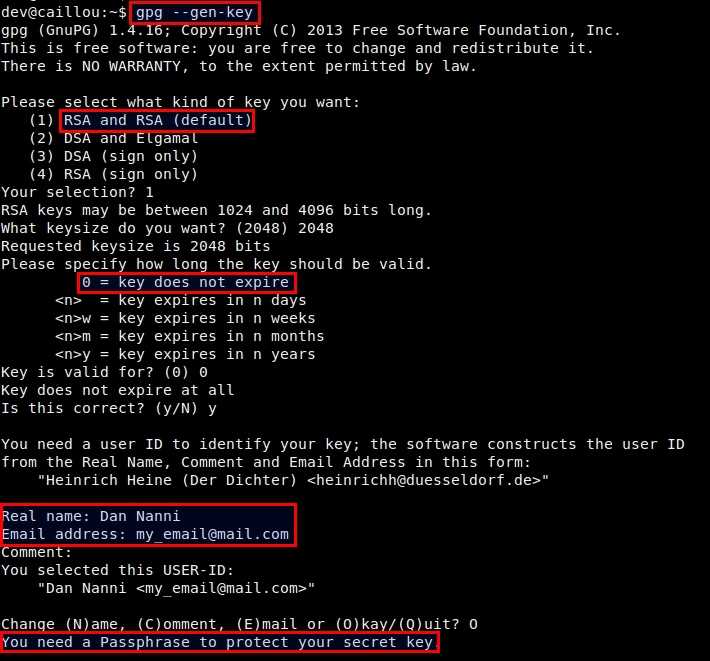
I maintain secpwgen in Alpine Linux & keep the sources on my Github. Then you can create a sequence which you can recover if you use the word in conjunction with the same salt (or jump) if it was originally defined. However if you use a salt like this: md5pass word 512 If you use no salt, then you may not be able to recreate this same string afterwards.
Command line password mini size password#
This will create a "a random sequence" password for you to use. Where password is a chosen word that will be used for the construction of the random string and salt is the jump in bytes to be used. It is a very simple tool to use and very helpful, since you can use "normal text" together with a "salt" to jump-bit construction of the same password that you can recover afterwards, or alternatively you may want to get a completely random password all the time. In the case of creating a completely random password you can use the md5pass. You can use one of md5 tools that has precisely this purpose. shorter than hex encoded (32 and 64 instead of 22 and 44) solutions such as md5sum/sha1sum, etc.Ĭredit to and especially the comments for my initial inspiration.the output can be easily selected and pasted or printed and retyped with minimal human error rates.22 and 44 characters pair quite nicely (just above even) common power of two breakpoints.doesn't "waste" much randomness (uses 89% of the random bits it receives vs ~24% for solutions directly piping to tr).it uses standard system tools - no extra binaries.the command is simple to type and memorable.22 characters gives me: log 2(57 22) > 128.32 bits of entropy.Generate 7 passwords (user names) of length 13: gpw 7 13 Three-letter combinations (trigraphs) taken from whatever dictionaries you This package generates pronounceable passwords. To generate random user names you can use gpw: generate more secure, completely random but hard to remember passwords): pwgen -s 13 7ĮAfycrPlM4cYv 4MRXmZmyIVNBp D8y71iqjG7Zq7 FQRHcserl4R8O yRCUtPtV3dsqV Generate 7 passwords of length 13: pwgen 13 7Įu7Teadiphaec giepahl3Oyaiy iecoo9Aetaib4 phaiChae6Eivi athoo3igee8CoĪs mentioned in the comments, you can avoid reducing entropy by using the -s argument (i.e. Remembering their position when memorizing only the word. Uppercase letters and digits are placed in a way that eases

These passwords contain either only lowercase letters, or upperĪnd lower case mixed, or digits thrown in. Pwgen generates random, meaningless but pronounceable passwords. To generate a random password you can use pwgen:


 0 kommentar(er)
0 kommentar(er)
